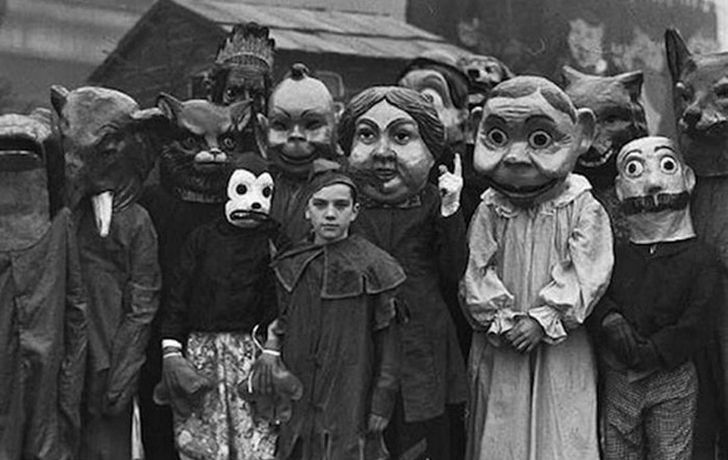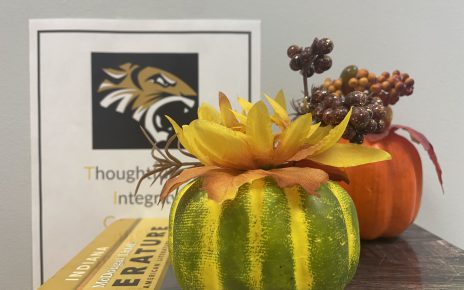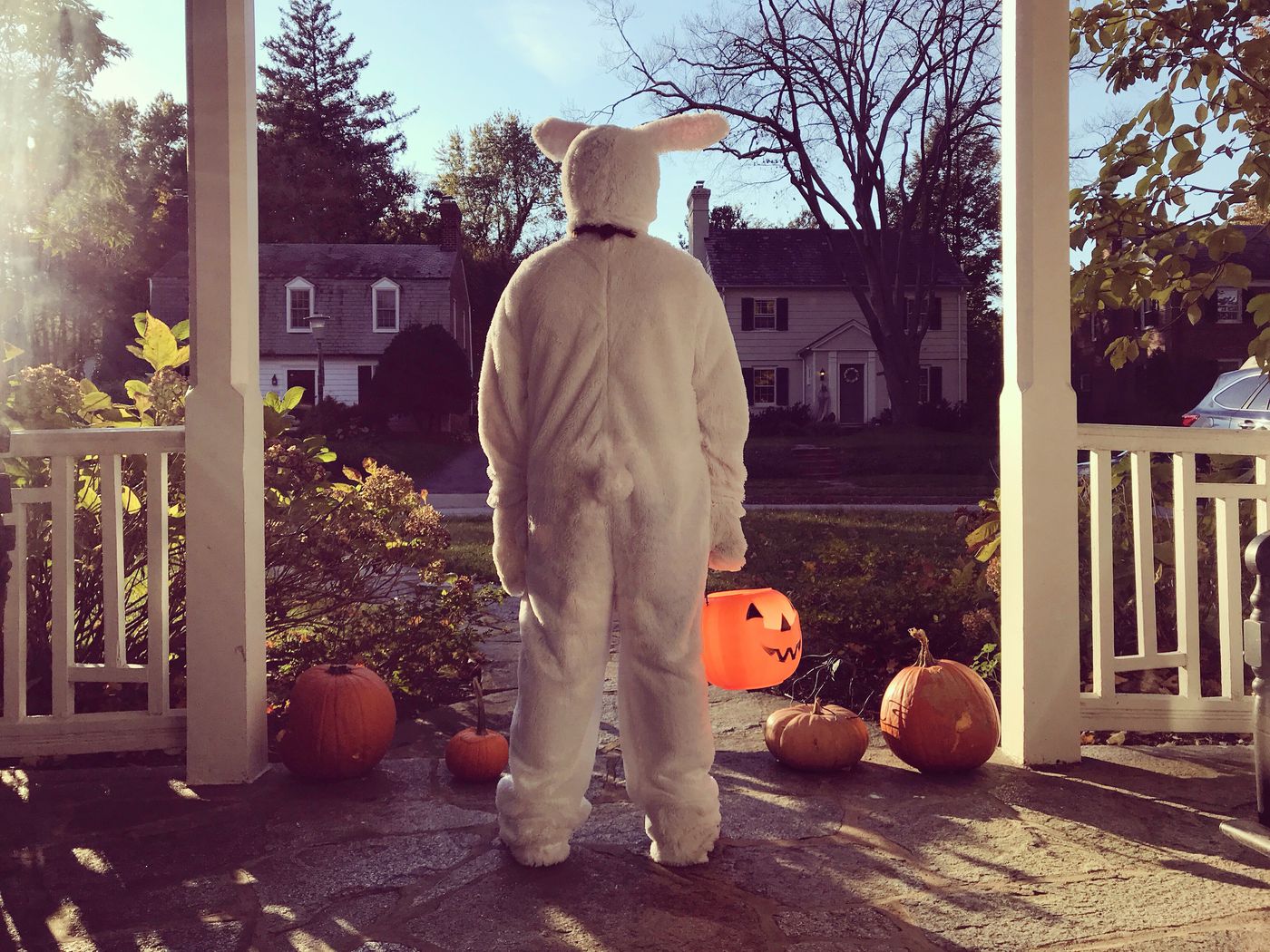The first account of Halloween was around 2,000 years ago. It was originally a festival of Samhain
celebrated on October 31st by the Celts; they lived in what is now France, Ireland, and the United
Kingdom.. The purpose of this holiday was to acknowledge the end of harvest season and mark
the start of the dark and dreary winter months ahead, but also the new year which was
celebrated on November 1st. The Celtic people believed that on the night before the new year the
boundary that separated the living and the dead thinned and the ghosts returned to earth. The
people believed that these otherworldly spirits not only damaged crops, but made it easier for the
Druids, or Celtic priests to make predictions about the future. They depended on these predictions
for a source of comfort during the dreadful months ahead.
Around 43 A.D. The Romans conquered most of the Celtic territory. While they ruled, they
combined 2 more holidays with the Celtic holiday Samhain. Feralia day was a day when the Romans
commemorated the passing of the dead. The 2nd holiday was to honor Pomona the Roman goddess
of fruit and trees. Her symbol was the apple, which is where most people think the tradition of
bobbing for apples came from. On may 13 609 A.D. Pope Boniface IV dedicated the Pantheon in
Rome. All Souls day was similar to Samhain, people dressed as saints, angels, and devils. It also
went by the name All-Hallowmas, which soon morphed into the halloween we know today.
The celebration of Halloween was strictly celebrated in colonial New England because of protestant
beliefs. As different European ethnic groups meshed beliefs with American Indians an American
version of Halloween was celebrated. Some of the first celebrations included play parties which
were public events held to celebrate the harvest. People would share stories of the dead and tell
each other fortunes. What is now known today as trick or treating was yet another tradition
borrowed from Europeans. Americans would dress up and ask for food or money. Although the
celebration has been changed throughout many different cultures, it’s still a widely popular holiday to
this day.



